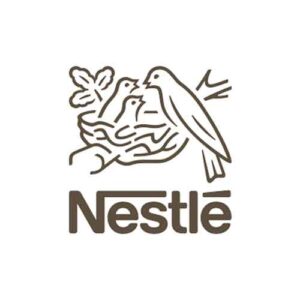This impact story is part of a collection of narratives that bring to life some of the complex challenges Forest Positive Coalition members are facing on our forest positive journey and our lessons learned. We’re committed to creating a culture of transparency and accountability, and these stories are just a glimpse of our ongoing efforts. We invite you to delve deeper into our 2023 Annual Report for more insights on this Coalition’s activities and progress, “Perspectives on Progress: Challenges and Insights on the Way to Forest Positive”
Member/implementing partners:
-
Nestle
-
Starling
Nestlé has been integrating the Starling deforestation monitoring platform to tackle deforestation occurring in their palm oil and PPP supply chains since 2019. Starling was co-created by Airbus and Earthworm to enable companies to identify where deforestation is occurring and drive supplier engagement to bring an end to the conversion of forests for agricultural production. More recently, Nestlé has integrated the Coalition’s Monitoring & Response Framework.
Currently Nestlé monitors more than 1,700 palm oil mills globally, linked to over 9,000 plantation areas. When a deforestation event is detected, Nestlé and Earthworm engage relevant suppliers to develop an action plan for remediation and re-entry.
As of 2023, Nestle has also been using satellite monitoring technology to enable the monitoring of reforestation efforts in the Ranong and Chumphon provinces of Southern Thailand. This project leverages high-resolution images from Pléiades Neo satellites, developed by Airbus, to ensure that trees planted continue to thrive over the long term. You can read more about this technology here. This project is currently in pilot phase, monitoring more than 150,000 shade-trees in farms where Nestlé sources its coffee. Going forwards, this technology is hoped to be used for monitoring reforestation in other Nestlé commodities and sourcing locations around the world.

